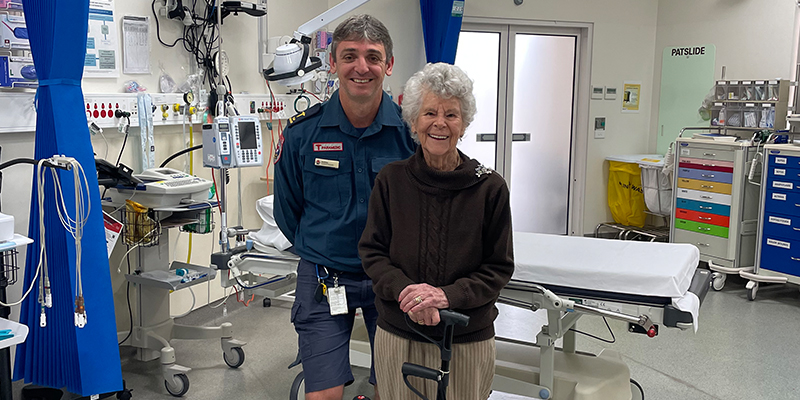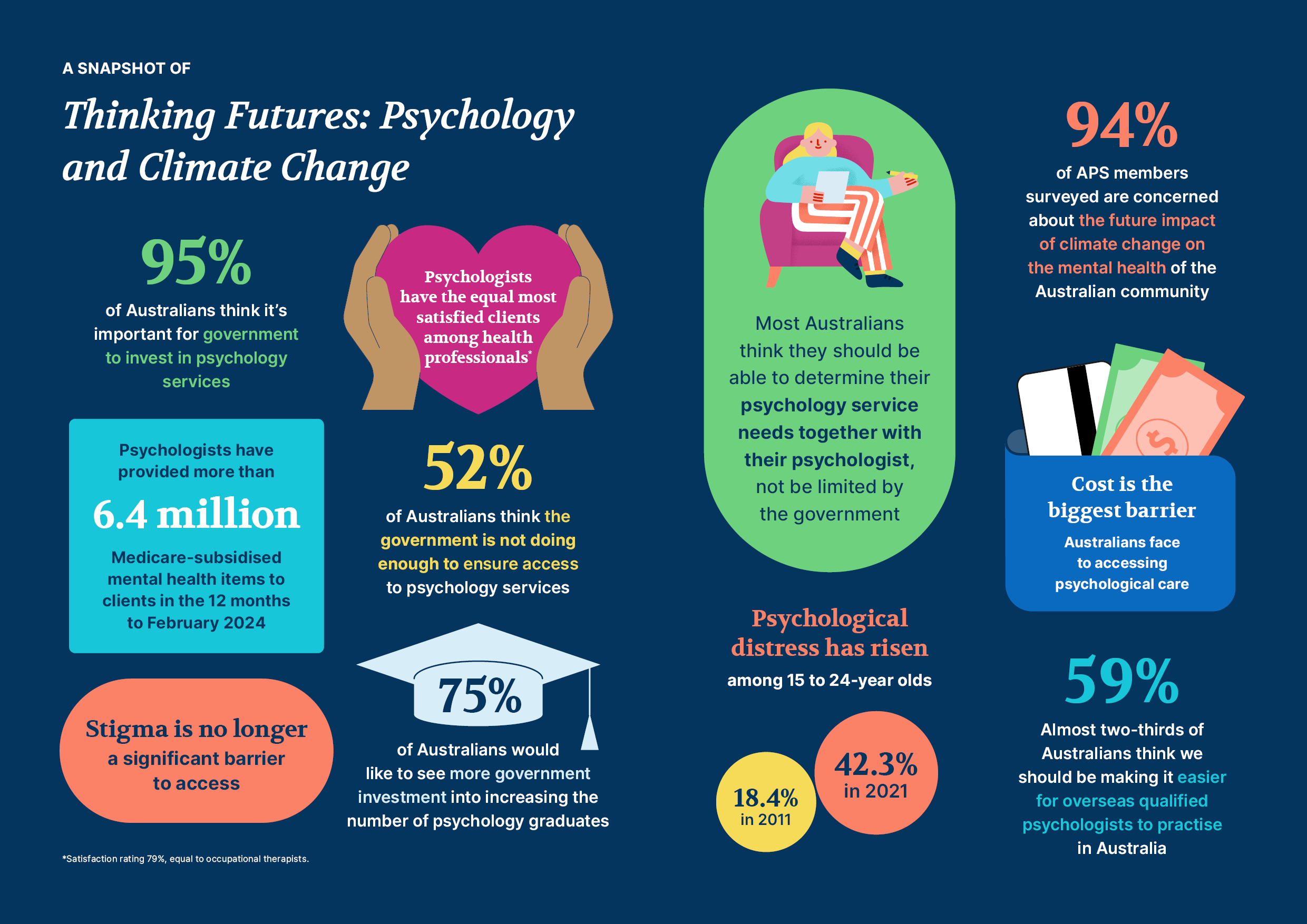Thousands of people who lost paid work during the pandemic are at risk of becoming unemployed long-term, a situation from which there is currently only a 25 per cent chance of escape due to under-investment in employment assistance, according to a new report launched today. This means they are forced to survive on the punitive JobSeeker income support rate of $45 a day for over a year.
The ‘Faces of Unemployment 2021‘ report, produced by the Australian Council of Social Service (ACOSS), and supported by Ecstra Foundation, a charitable foundation helping build the financial wellbeing of people in Australia within a fair financial system, draws on Australian Bureau of Statistics (ABS) and administrative data to paint a picture of unemployment and those affected.
Among the report’s key findings:
- 80 per cent of people receiving JobSeeker payments – a record high of 826,000 people – have had to rely on income support for more than a year.
- The current figure is more than double the previous peak of 350,000 after the 1991 recession, which prompted a billion-dollar investment in employment assistance including wage subsidies and training.
- Among people on income support for over two years, over half (54%) have a disability and almost half (46%) are over 55 years, underscoring widespread discrimination in the labour market against people with disability and older people.
- People’s chances of securing full-time paid employment (within the next year) falls from over 50 per cent when they are unemployed for less than three months, to less than 25 per cent once unemployed for over two years.
- The effective unemployment rate (which accounts for people stood down and those who left the paid workforce) was 9.5 per cent in September, double the conventional unemployment measure of 4.5 per cent.
- There are six people either seeking paid work or more paid working hours (along with many others changing jobs) for every job vacancy.
- Two thirds of people on Jobseeker and Youth Allowance have high-school qualification only, yet the number of ‘entry-level jobs’ is declining. From August 2019 to August 2021, managerial and professional jobs rose by 405,000, while entry-level jobs (such as hospitality, personal services, sales and labouring jobs) fell by 148,000.
- While there are more unfilled vacancies as lockdowns ease, most are in positions that require qualifications that people on Jobseeker payment don’t have, involve heavy physical work (unsuitable for many people with physical disabilities), inflexible hours for caring responsibilities or are in places they can’t afford to move to (with rents rising by 17% in the past year in regional Australia).
ACOSS CEO Cassandra Goldie said the report’s findings stood in stark contrast to perceptions of Australia as a country that supports people who are doing it tough: “The reality is that the Australian government invests far less than comparable nations on assisting people to find suitable employment,” Dr Goldie said.
“At just $1,600 per person for ‘jobactive’, we are now spending less than half the Organisation of Economic Cooperation and Development (OECD) average level on employment services.
“Employment services with excessive caseloads are reduced to enforcing ‘tick-a-box’ compliance with unrealistic and ineffective ‘mutual obligation’ requirements such as applying for 20 jobs a month and participating in Work for the Dole.
“The widespread use of semi-automated payment suspensions for small infringements like arriving late to a jobactive appointment causes extreme distress for many. The hardship is really biting since the government decided it would hastily resume full mutual obligations, payment suspensions, and penalties as soon as 80 per cent vaccination targets were reached in places that were locked down. This is a huge risk for people’s mental health.”
Dr Goldie said long-term unemployment is at crisis levels and the government should respond with the same sense of urgency as it did to the COVID recession.
“If we are serious about preventing and reducing prolonged unemployment, we need a complete change of approach, ” Dr Goldie said.
“Instead of punitive Work for the Dole programs, financial destitution and brutal compliance that succeed only in demoralising and humiliating people, we need a flexible jobs and training guarantee for all people unemployed long-term, including paid work experience and training, based on individual needs.
“Income support should be lifted from $47 to $67 a day, and supplements for rent, disability, and caring for children alone should be increased.
“We need a full employment policy that keeps unemployment consistently below 4 per cent. We need more entry-level jobs that are secure and properly paid, and curbs on the exploitation of workers with temporary visas and others in poorly regulated sectors on the labour market.”
Read the report here: https://www.acoss.org.au/wp-content/uploads/2021/11/Faces-of-Unemployment-2021_v2.pdf








